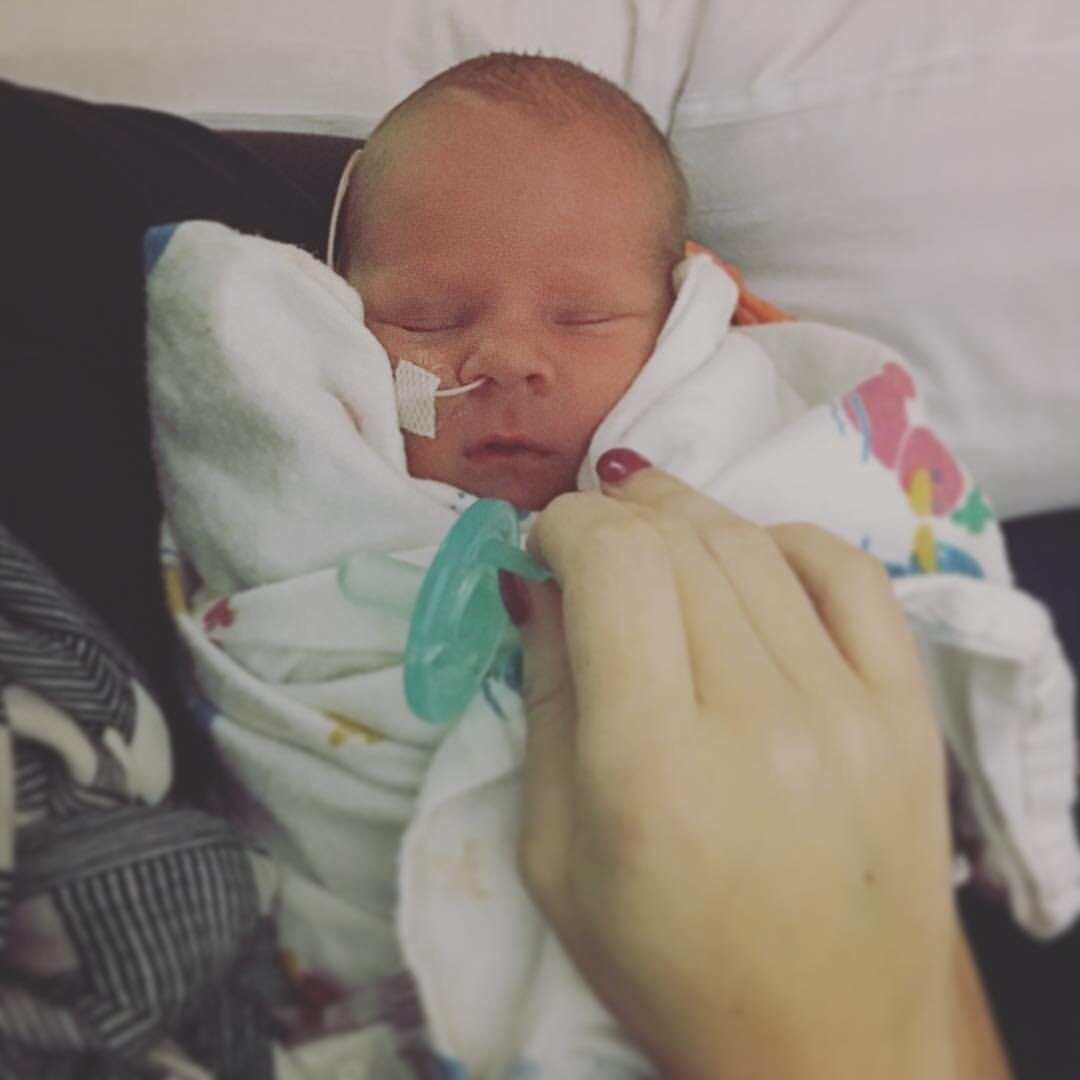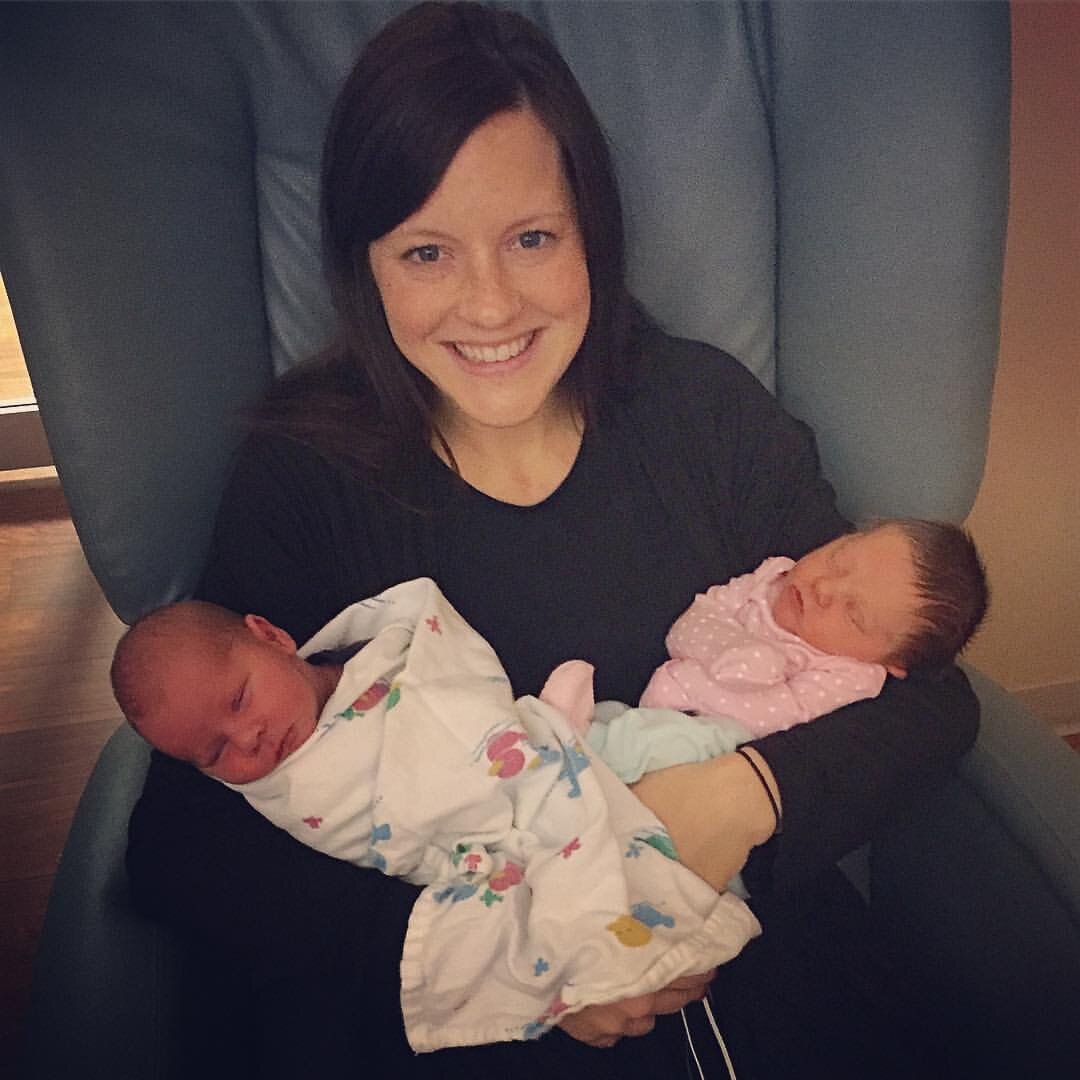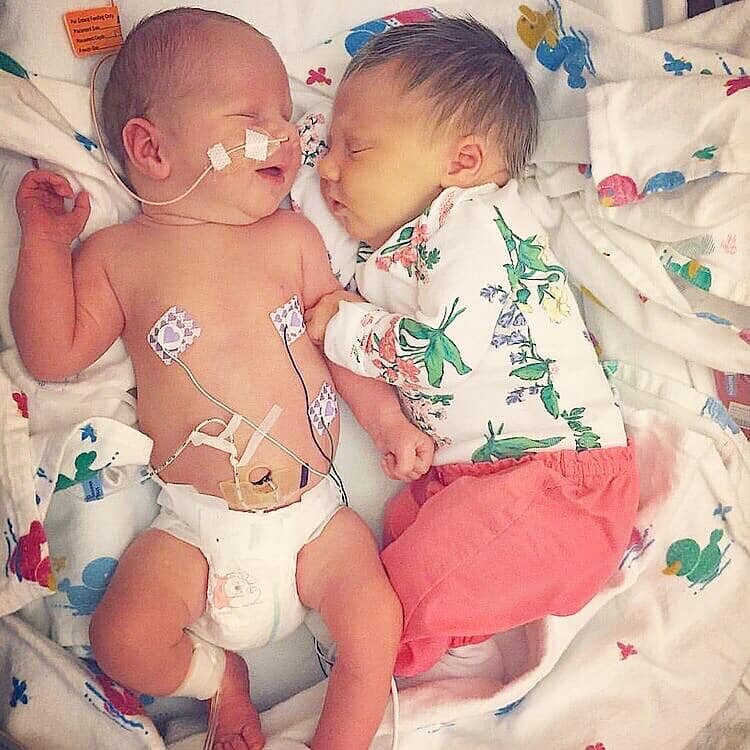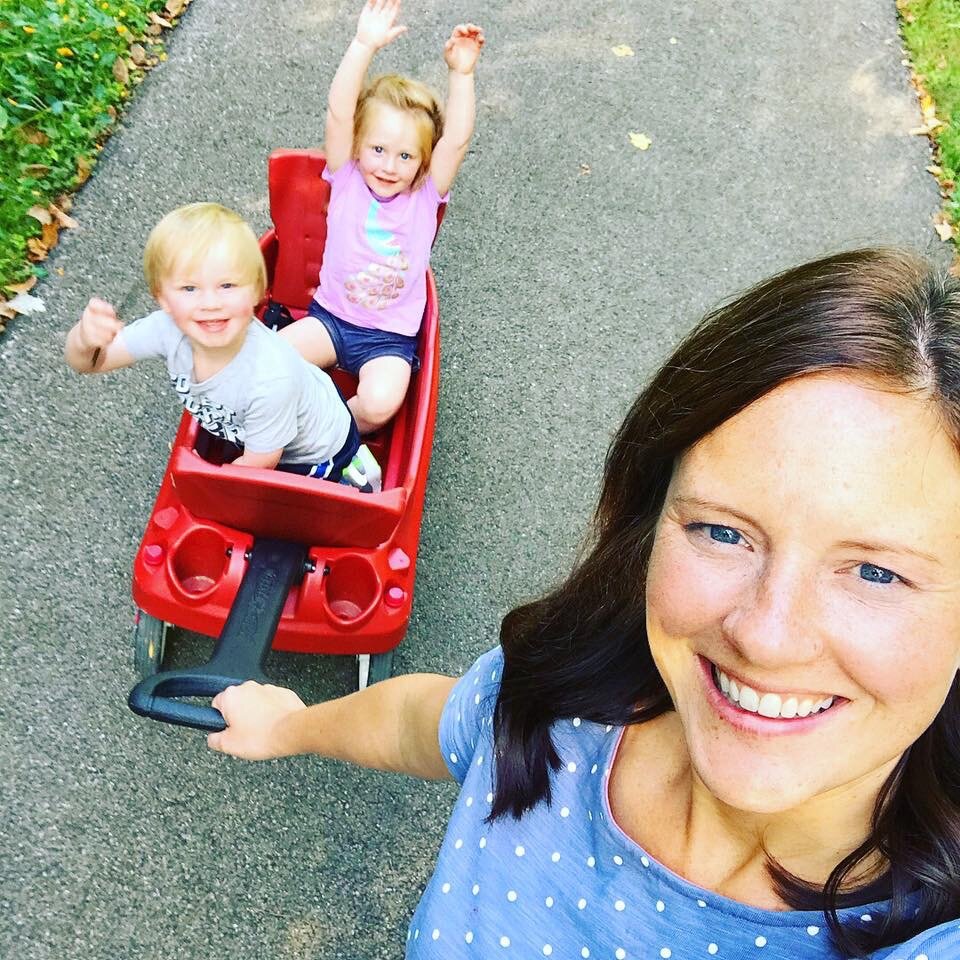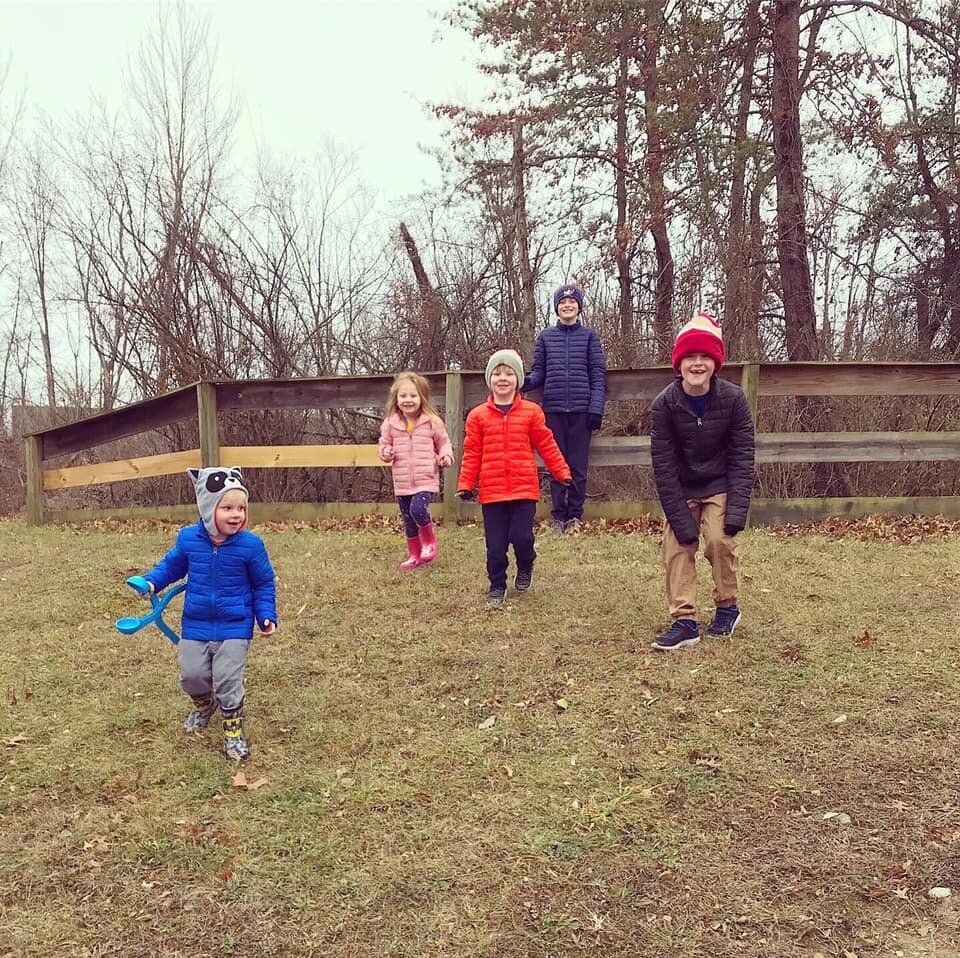Control...
My need for control is what keeps me running, but at the same time my need for control is what broke me.
Recently a friend said to me, “I see you as the queen of control…you are always poised, calm, intentional, and consistent…you never waver, you are dependable.” Such a compliment, but also a heavy weight to bare when you feel like you are faking it.
I never realized how much I yearn for control, until it was no longer in my grasp. Control is power, when you control something you have the authority over someone else, you have the command of the situation. When in control you can manage, lead, direct, and influence those around you and even an outcome. I am in control of my classroom, I am in control of my children, I am in control of the routine, I am in control of my life. But sometimes I’m not in control of the successes of my students, sometimes my children go outside of the lines drawn for them, sometimes my routine is broken by things I cannot foresee, and my life spins out of my hold.
What’s interesting about the word control is how it is used in science. The control in an experiment or survey is the standard for comparison, the benchmark. That means that the control is the norm, the guideline. It is what we measure against and what we gauge the worth of something or its status in the spectrum. Don’t we all want to be the standard, what others compare themselves too, the guideline? But when we fall into the trap of comparison we find ourselves in a cycle that is hard to ever win. This is partly where I’ve faltered.
There is nothing wrong with control - leading, influencing, managing - those are all important roles that as a woman we need to embrace and grow within ourselves. Once I became a teacher, a wife, and a mother, that sense of control grew and changed.
At this moment in my life, control means efficiency. There are tasks that need to be accomplished and I know a routine will help us get there. For example, doing laundry for all five children means that each child has their own load, to take away the need to sort, and you must wash and dry on Saturday, then fold and put away on Sunday. No one else can do it quite right, so I refuse to relinquish control, but that’s not always best for my well-being, others can help and I know the world won’t stop spinning if the laundry isn’t put in its place by Monday morning. One of my favorite parts of my job as a teacher is planning and creating curriculum. Part of that though is this need to be efficient, I have the yearly calendar burned into my brain (quite literally) and there is a method and process to planning and designing meaningful and powerful curriculum, but I must control the pace, but that’s not what is always best for my students. This need for efficiency, for order, comes from this want to be effective, to be productive, to be professional and put together.
Being efficient sometimes can create a ceiling for growth, it can develop restrictions that you are unaware of in the moment and ultimately the reason for all of it is control. After Weston was diagnosed with Celiac Disease and we became obsessed with what he ate and his weight gain. I controlled his eating by hand feeding him, even as a two almost three year old. Time is a precious commodity, so having a toddler dress themselves is quite a production, in order to be efficient I would just dress them, myself. Having an 18 month old use a cup without a top is dicey, there is a high chance that the drink will be spilled resulting in a tantrum. I wanted to control the amount of food he was eating, control the time spent on a task, control the effectiveness of a choice, but with that control I was stripping my children of learning opportunities. It wasn’t until I was in the pediatrician’s office and they asked me if my child could drink from a cup without a top and I thought, well I don’t know because I’ve never given them one, that I realized that my need for control was detrimental to the growth of my children. It had nothing to do with my children and everything to do with this need that I had to control the situation.
People who know me, know that those final descriptors of efficiency - professional and put together - are characteristics I take pride in, they are attributes I work hard to achieve, but they aren’t always attainable, perfection isn’t a reasonable nor a logical goal. It never crossed my mind that I wouldn’t always be “put together,” it never seemed possible that I wouldn’t be in charge of my own path, it never occurred to me that I wouldn’t always have command of a situation, until I didn’t anymore.
I still clearly remember, two weeks after the twins were born, sitting in the office of my OBGYN, who I very much respect and have literally known my entire life, as he very calmly described how I was feeling, when I didn’t even know how to put it into words myself. He said, “you crave control, and the minute you went into labor with twins you lost it.” With my first three babies their deliveries were fairly smooth, but not the twins. Not only was Ryalnd’s entrance into this world a moment where I had to just give my heart into the hands of my doctor, but then he was whisked to the NICU, and we had to leave him in the hospital while we took his sister home. Even when Ryland was home and everything was okay, I still felt unlike myself. I felt like the world was moving around me and I was standing perfectly still, the mention of someone coming to visit the new babies brought on a sense of panic, I cried often. No one explained postpartum depression to me before, I thought it was when you didn’t bond with your new baby, but I’ve come to find that for me, it was more about a loss of control that triggered the anxiety and depression. My doctor described how “When you can’t wrap your arms around your world, you spin. The thought of someone coming to visit overwhelms you because you aren’t able to be put together, you can’t predict that everyone will act as they should. The reason why the world is spinning and you are standing still is because you don’t have the energy to give like you would to a conversation, you can’t commit in that way, and you don’t find it be helpful.” All I wanted to do was shut our door and keep my new family of seven in close, because that is as far as my arms could reach, that was all I could control and manage. I didn’t know how to move forward.
Talking to someone who knew me and my situation helped, medicine helped, but a huge part was for me to come to terms with this idea of control.
I can maintain my composure in a situation where tension and emotions are high, that is control. I can steer a discussion in a direction that allows for my students to wrangle with tough questions and ultimately learn and grow, that is control. I can manage five children while out in a public and leave with happy hearts, that is control. Control is a good thing, but when it becomes the only thing, the measuring stick of success, it becomes toxic.
I started writing this post a week or so ago, and then while sitting in church today my pastor was discussing time, and he talked about our want to control time so that we can be effective. Maybe it’s divine intervention, or maybe God just knew this was heavy on my heart and was giving me the right words to bring closure and a path forward. My pastor this morning reminded us that it’s not about making the most of each minute of the day, but rather to be present in the moments that come upon us. I realized that letting go of control might mean letting go of the schedule, ignoring the to do list, and just slowing down the pace. Those aren’t wasted minutes, but rather time well spent. I find myself often feeling like I’m racing through life, rather than living it. Making a choice to slow down isn’t losing control, but rather controlling the situation, making it what it should be, a life fulfilled.







